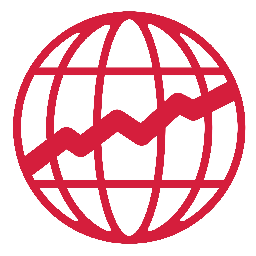March 7, 2014 – Sarah Weiner
One morning, while getting ready for work—at a leisurely, “island” pace that law school no longer affords—Vai Leka showed up on my doorstep wanting to go with me. My two-year-old neighbor was going through a stage of stealing her father’s shoes, and the photo I snapped of her, pencils in tow, ready for work, is one of my favorites from the two years I spent in Tonga as a Peace Corps volunteer.
Having researched women’s rights in developing countries during college, I arrived in Tonga keenly aware of its gender inequalities. However, as I settled in to my village, I of course realized that I knew little about the way men and women actually interacted in day-to-day life in the small archipelago. Women actively participated in town meetings, ran stores, and trekked into the capital for their coveted government jobs. Furthermore, my conversations with them revealed that the women in my village wanted the same thing as the men: a way to support their families and opportunities for their children to do the same.
One theme of Professor David Kennedy’s course at Harvard on Law and Economic Development is that development is about making hard choices—prioritizing certain policies based on your idea of what brings about development (and what development means) under the reality of limited resources. Reflecting back, this is exactly what I had to do. Not that it wouldn’t have been a worthy pursuit, but my time in the Peace Corps was not the time to be advocating for gender equality under the law. It was the time to be teaching children and youth—girls and boys—English, computer, and other skills that would help them compete for Tonga’s limited jobs.
Perhaps that is why a recent World Bank report, Gender at Work caught my eye. It calls for bold action to address the inequality that exists between men and women in the sphere of work. It focuses on making the economic case against exclusion, so the argument resonates both with people who see development as an increase in GDP and those who see development as improvements in human rights. Among its many findings is that in 128 countries, there is at least one law that contains a sex-based differentiation, “meaning women and men cannot function in the world of work in the same way.” There are five or more such differences in 54 countries.
At yesterday’s kick-off for the LIDS-WLA International Women’s Day exhibit at Harvard Law School, Inspiring Change, Inspiring Us, Dean Martha Minow suggested that perhaps by “changing the pictures on the wall, we can change biases.” Symbolism can be powerful. Changing the pictures on the wall matters, as does changing the laws on the books. Maybe Vai Leka, so eager to go off to work with me in her father’s shoes, will grow up to be Tonga’s first female Prime Minister. Or maybe she will be a teacher that inspires her students to change the course of Tonga’s history. And maybe she can become this woman in the current environment. But we owe it to girls like Vai to remove obstacles in their way so that all girls—in developed and developing countries alike—have a chance at joining the large group of women around the world that “inspire change and inspire us.”



